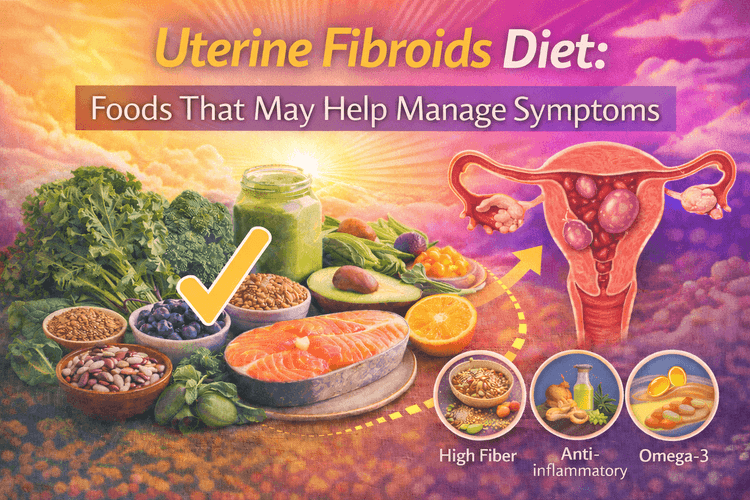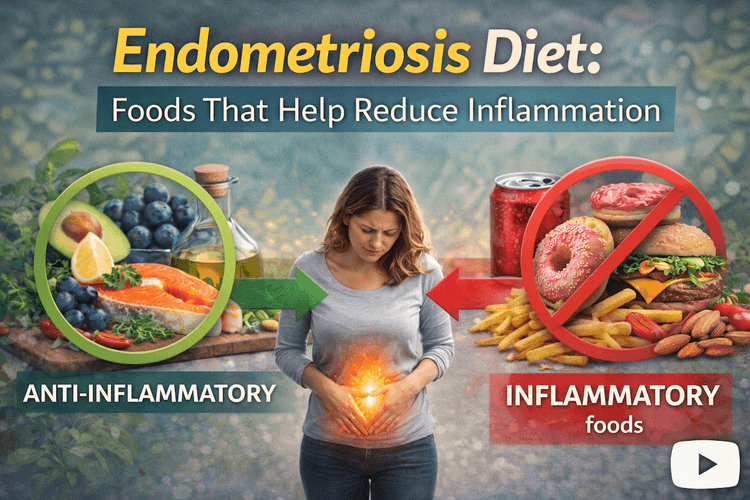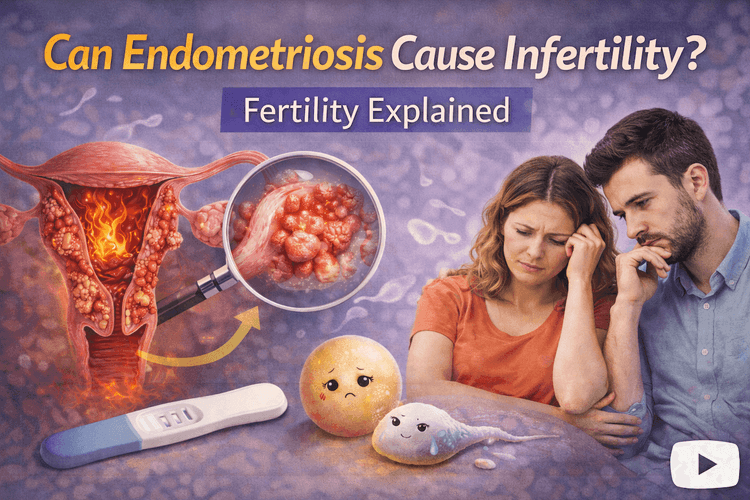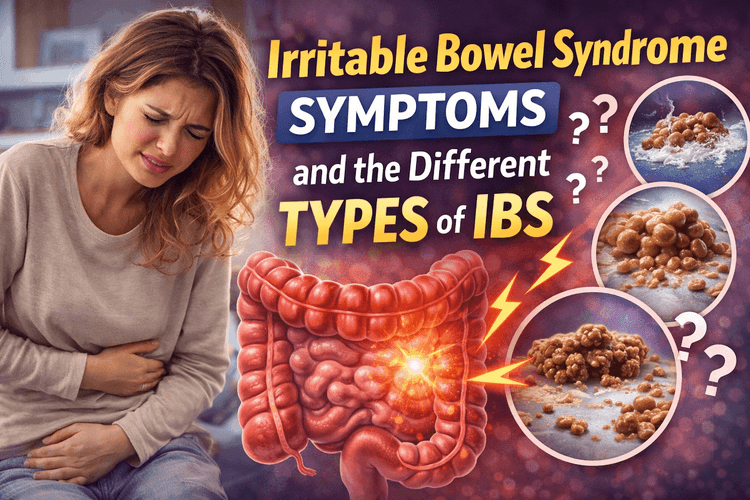00:00:00 Hoy hablamos de endometriosis. Vi skal tale om årsager, nuværende teknologi og behandling ud fra et vestligt allopatisk synspunkt, y cómo se maneja desde un punto de vista integrador y funcional. Y le invitamos a springe ind i årsagerne. Lo más sorprendente es que se trata de una apuesta genética por la historia familiar. Og det, der er sandt, er, at vævet faktisk ligger i livmoderen på en baby in utero. Visite Og det, der er sandt, er, at vævet faktisk ligger i livmoderen på en baby in utero. Visite la endometriosis es una enfermedad muy frecuente en las mujeres, aunque también indica que es una enfermedad grave genetiske aftryk i forbindelse med denne diagnose. Jeg tror, at traumer og forfædres traumer...
00:00:50 er ikke nødvendigvis de samme. Så jeg vil kaste mig over årsagerne. El tratamiento epigenético desempeña un papel importante en la endometriosis. Es un factor clave para El tratamiento epigenético desempeña un papel importante en la endometriosis. Es un factor clave para los más pobres. Las mujeres en este tipo de... Endometriosis y Fibromatosis i deres samfund. Og jeg tror, at en stor del af dette har at gøre med el racismo milenario, que ha llevado a muchos hombres a la pobreza y a la exclusión social. steder, der ikke er så sunde at leve. Og jeg tror, at der er en komponent af forfædrenes traumer. Y esto es sólo una de las razones por las que estamos en contacto. Visite
00:01:27 Y esto es sólo una de las razones por las que estamos en contacto. Visite Estas conversaciones, como ya he dicho, son habituales en la vida cotidiana, pero pueden surgir de forma espontánea. o si no, puede cambiar la configuración en función de otros factores. Sin embargo, esto no es suficiente el mismo motivo por el que, si bien es cierto que soy fértil, otros también lo son. spiser, hvad de vil, du ved, gør, hvad de vil, lever en virkelig usund livsstil. Noget af det mest frustrerende for mine klienter er at se folk, de er venner med, blive gravide. Noget af det mest frustrerende for mine klienter er at se folk, de er venner med, blive gravide. der passer betydeligt mindre på deres krop. Vi har alle disse genetiske lyskontakter, der går
00:02:07 y no te preocupes por lo que más te preocupa. Por lo tanto, el estrés puede ser un problema. Se sabe que el estrés es un factor importante en muchos trastornos hormonales. Es problemático, ya que afecta a sus niveles de estrógeno y progesterona. También afecta a su kortisol. niveauer, hvilket påvirker østrogen and progesteron. Hay muchas más cosas al respecto. niveauer, hvilket påvirker østrogen and progesteron. Hay muchas más cosas al respecto. Og vi kunne gå mere i dybden med det, men vi holder os til endometriosen. Todos estos factores pueden hacer que la endometriosis se convierta en un problema grave. o bien un viaje.
00:02:51 Es un lugar maravilloso, ¿verdad? Sin embargo, en la vida real, nos acercamos a un millón de dólares. Si te encuentras en una situación en la que hay mucho por hacer, corres el riesgo de que Si te encuentras en una situación en la que hay mucho por hacer, corres el riesgo de que chance for, at du får symptomer, og at du får en mere ekstrem, alvorlig para este diagnóstico. Enhver form for eksponering for giftstoffer, og vi er omgivet af regalos. Hablamos de nuevos productos. Hablamos de flamencos, está en su ropa, en sus juguetes o en sus sofás. Hablamos de perfumería stearinlys. Og vi taler om gifttoffer fra industrien i vores miljø,
00:03:29 stearinlys. Og vi taler om gifttoffer fra industrien i vores miljø, i vores luftkvalitet, fra biler. Si esto es otra cosa, puede cambiar las cosas. Og igen, Estamos siguiendo un largo proceso para realizar un diagnóstico. Og vi vil gerne forsøge at stille diagnosen hurtigere. Por favor, Og vi vil gerne forsøge at stille diagnosen hurtigere. Por favor, forårsager miljøgifte i vand, mad, luft og produkter, som vi udsættes for. Og en ting, vi virkelig bør tale om, er plast, fordi plast har noget, der hedder De indeholder xenoøstrogener. Se trata de un químico, y hay muchas cosas que no contienen xenoestrógenos,
00:04:18 I øvrigt ikke kun plast. Uh, Los xenoestrógenos se convierten en estrógenos en la sangre. Los receptores de estrógenos no son eficaces como aglutinantes i kroppen. Sin embargo, si el equipo técnico no es estrogénico, le recomendamos que se ponga en contacto con nosotros. i kroppen. Sin embargo, si el equipo técnico no es estrogénico, le recomendamos que se ponga en contacto con nosotros. El exceso de estrógeno hace que su cuerpo se vuelva más fuerte. Si sobrepasa su nivel de colesterol El exceso de estrógenos puede causar problemas de fertilidad. O si tiene endometriosis, Vi forværrer det. Así que no te preocupes,
00:04:50 Øh, Øh, Øh, Øh, Øh, Øh, Øh, Øh,
00:04:50 Øh, Øh, Øh, Øh, Øh, Øh, Øh, Øh,
00:04:50 Øh, Øh, Øh, Øh, Øh, Øh, Øh, Øh,
00:04:50 Øh, Øh, Øh, Øh, Øh, Øh, Øh, Øh,
00:04:50 Øh, Øh, Øh, Øh, Øh, Øh, Øh, Øh,
00:04:50 Øh, Øh, Øh,






















